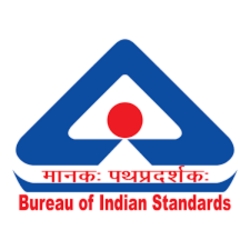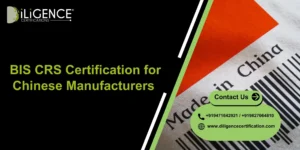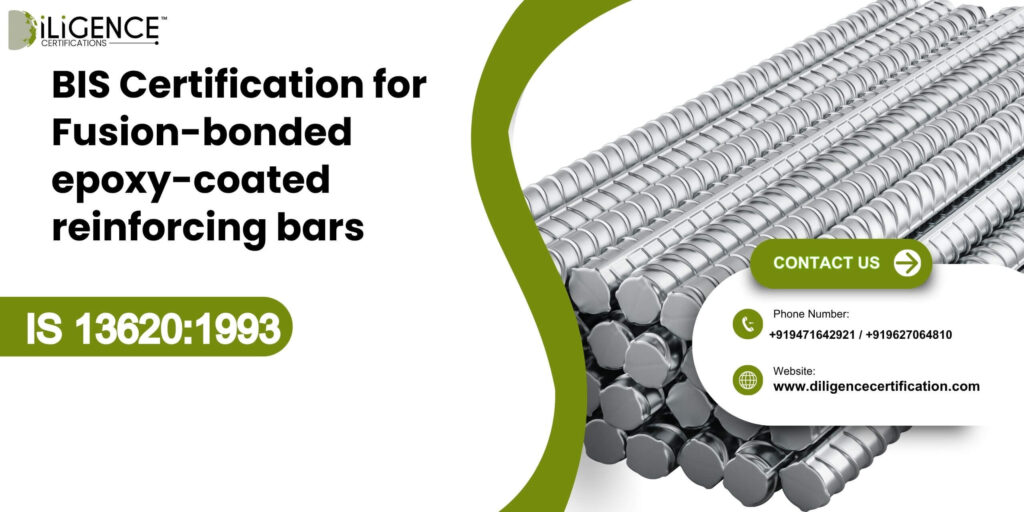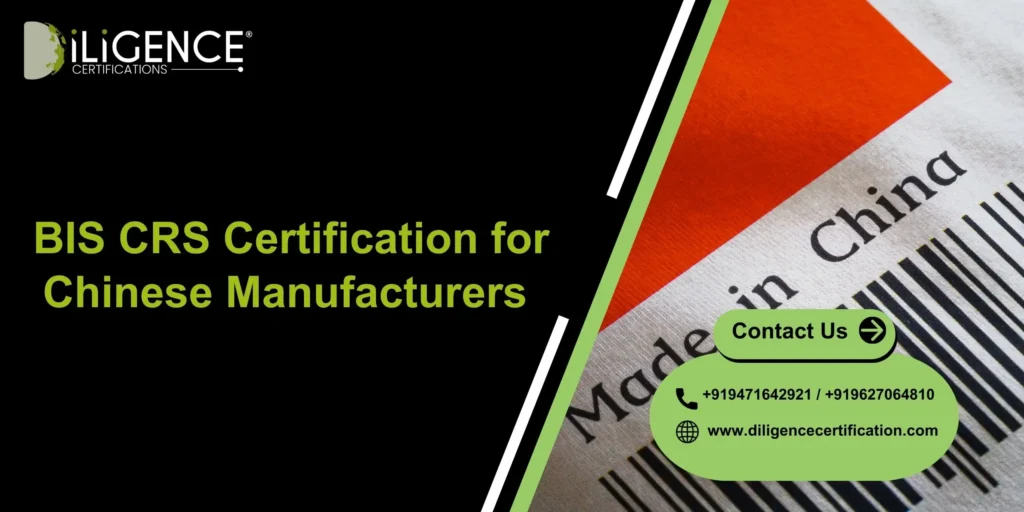- Is 13620:1993 mandated bis certification for epoxy-coated re-bars.
- Where corrosion is minimized and the life of the product is extended under such conditions.
- The bars have to conform to limited thickness, adhesion, and bond strength requirements of the coating.
- It is necessary that the 2024 Quality Control Order for Steel Products be complied with.
- Certified bars are good for the projects and reduce maintenance costs.
Introduction

A bridge across the coast in Gujarat experienced early corrosion of the crossties because the ordinary TMT bars could not resist the saline environment. The team opted for fusion-bonded epoxy-coated reinforcing bars certified under IS 13620:1993 when the structure was rebuilt to provide better protection and longer life. This certification by the Bureau of Indian Standards (BIS) indicates that the bars conform to very stringent requirements in respect of coating quality, adhesion, and resistance to corrosion. Nowadays in the infrastructure sector, the use of BIS-certified materials is not merely a matter of compliance; it is crucial for the structural durability, safety, and reduction of lifecycle costs.
What is IS 13620:1993?
IS 13620:1993 refers to an Indian Standard that specifies the technically as well as the quality-wise aspects of fusion-bonded re-bond epoxy-coated rebrands for reinforced-concrete structures. In other words, it is a specification of metallic bars that were subjected to the coating process and then tested for their corrosion resistance, adhesion, and durability. The majority of the provisions laid out in this standard revolve around the material and agent for the coating, the operational properties of the coated steel bars, and the performance tests of the products. ISI MARK
Key Points:

- The standard specifies the technical and quality requirements of fusion-bonded epoxy-coated rebar.
- It contains the requirements for the thickness, adhesion, and corrosion resistance of the coating.
- The standard lists the test methods for the quality of the coating and the bond strength with the concrete.
- One of the main features of the standard involves the use of electrostatic epoxy coating and shot blasting for surface preparation.
- The standard provides for the determining features of the marking, inspection, and quality control procedure.
Why is BIS Certification Mandatory
- Legally Required: It is one of the requirements stated in The Steel and Steel Products (Quality Control) Order, 2024 that fusion-bonded epoxy-coated rebars must be BIS certified.
- Quality Assurance: The primary tool that serves as a main source of guarantee for the bars to be in compliance with IS 13620:1993 from the point of the coating, adhesion, and corrosion resistance.
- Consumer Safety: It is aimed at eliminating structural failures caused by the use of poorly-).
- Market Regulation: This is a tool to eliminate counterfeit or low-quality products from the market.
- Project Compliance: Being a concession given to infrastructure projects either in the public or private sector that they use materials with the BIS mark and thus be granted the go-ahead and clearance by the audit.
- International Credibility: A confirmation that the manufacturers in India adhere to the quality standards that are accepted worldwide.
Importance & Benefits of BIS Certification
| Importance | Benefits |
| The certification is given based on standards set by IS 13620:1993 for aspects such as coating quality, adhesion, and resistance to corrosion. | The metal is then better protected, and the product has a longer life even in a corrosive atmosphere. |
| The Steel and Steel Products (Quality Control) has made it a necessary condition. | Implements legal compliance and grants the company the status of being eligible for government and large infrastructure projects. |
| Source of structural safety as a result of early corrosion prevention and bond detachment. | Finally, it brings down the costs of maintenance, repair, and replacement. |
| The quality confirmed by BIS serves as a good relationship factor with engineers, contractors, and buyers. | Manufacturers with certification have enhanced market credibility and competitiveness. |
| It is consistent with the national standards to facilitate the growth of sustainable and reliable infrastructure. | By the reduction of waste and increase of durability, the method becomes more friendly to the environment. |
Step-by-Step Process of BIS Certification

Step1:Documentation
- Have ready the company files like the registration, the factory layout, the process flow, and the quality manual.
- Write down the product with the details such as the size of the bars, the coating process, and the epoxy specs.
- Attach the raw material test certificates for the steel and the epoxy powder along with other documents.
- Ensure that the documents are in agreement with IS 13620:1993 and BIS standards.
Step2:Product Testing
- Do the test in the house to measure the coating thickness, adhesion, and bond strength.
- Carry out the IS 13620:1993 testing methods with the correct instruments.
- If the condition warrants it, take the samples to a lab that is NABL accredited.
- Have complete test reports and records for the audit.
Step3:Application Submission
- File application online under BIS Product Certification Scheme.
- Upload all documents and verified test reports.
- Pay application and testing fees as per BIS guidelines.
- Respond promptly to any queries from BIS officers.
Step4:Scrutiny and Inspection
- BIS officials inspect factory setup and quality control systems.
- Samples are drawn for testing at BIS-recognised labs.
- Inspectors check the coating process, curing, and handling.
- Address any non-conformities raised during the audit.
Step5:Grant of License
- BIS issues licence after successful testing and inspection.
- Authorised use of ISI mark with licence number on products.
- Periodic audits ensure continuous standard compliance.
- Keep updated records for renewal and future inspections.
Documents required for BIS Certification
| Document | Purpose |
| Company registration | Proof of legal manufacturer |
| Factory layout | Shows production and testing setup |
| Process flow chart | Describes coating and inspection steps |
| Machinery list | Details of equipment used |
| Quality manual | Defines QC procedures |
| Staff details | Qualification of key personnel |
| Raw material certificates | Steel and epoxy test proof |
| Product test reports | Results as per IS 13620:1993 |
| Calibration certificates | Validates testing instruments |
| Product specifications | Sizes, grades, and coating data |
| Trademark proof | Brand authorisation |
| Compliance undertaking | Declaration to follow BIS rules |
Timelines, Costs, Validity & Renewal
- Timelines:The whole process is pretty much anywhere from 8 to 20 weeks.
- Costs:The costs are the charges for the application, testing, and inspection.
- Validity:A Licence valid for 2 years.
- Renewal:Up to 5 years renewal possible subject to updated compliance.
Why Choose Diligence Certifications
Diligence Certifications provides the complete package of support for obtaining a BIS certification as per IS 13620:1993, thus facilitating a hassle-free and compliant approval process.
- The team is seasoned and has in-depth knowledge of the metal and the paint industry standards.
- Complete guidance from documentation to final licence approval.
- Coordination with BIS officials and accredited testing laboratories.
- Fast-track handling of audits, sampling, and application tracking.
- Post-certification support for renewal, mark usage, and surveillance audits.
Conclusion
Having the BIS Certification issued for Fusion-Bonded Epoxy-Coated Reinforcing Bars under IS 13620:1993 assures that every bar of steel incorporated in construction meets India’s best quality standards for strength, coating and corrosion- resistance assurance. The BIS Certification provides not only a lifetime of assurance for structures, but markedly improves trust by engineers, contractors and clients.
Moreover, for the manufacturers, the BIS certification process provides a standard as a way of assurance to the marketplace for its compliance and quality specifications. Working with a consultant like Diligence Certifications will help to smooth the entire certification process, from the documentation to review to testing to final approval, and work towards being compliant with BIS norms globally.
Frequently Ask Questions
What is IS 13620:1993?
IS 13620:1993 is an Indian standard that mainly describes the requirements, the test methods, and the performance criteria for fusion-bonded epoxy-coated steel bars which are the materials used in the process of tying reinforced concrete structures.
Why is there a need for BIS certification for the point of revolt of rebars?
BIS certification is a tool for checking the quality that, as a result, shows effectively that the rebars are of good quality in terms of quality, coating, and corrosion resistance as per the Steel and Steel Products (Quality Control) Order, 2024.
Which authority grants BIS certification in India?
After the manufacturer's testing and inspection are also found to be satisfactory, the Bureau of Indian Standards (BIS) issues the certificate.
How much time is required to acquire BIS certification under IS 13620:1993?
This action is commonly carried out within 8-20 weeks, depending on various factors such as the readiness of the documents, testing, and scheduled factory inspection.
What are the major parameters that are tested according to IS 13620:1993?
Among the factors tested to confirm the quality of the product are Coating thickness, adhesion, bond strength, holiday detection, impact resistance, and corrosion resistance.
Among the factors tested to confirm the quality of the product are Coating thickness, adhesion, bond strength, holiday detection, impact resistance, and corrosion resistance.
The main documents cover company registration, factory layout, quality manual, test reports, calibration certificates, and raw material certificates.
What is the duration of the BIS licence?
The BIS licence period is 2 years and it can be extended further for 5 years with the addition of more test reports and compliance records.
Are foreign manufacturers eligible to obtain a BIS certificate?
Yes, foreign manufacturers may file for the Foreign Manufacturers Certification Scheme (FMCS) through their authorised representative in India.
What options do the manufacturers have if they do not meet BIS standards?
Failure to comply with the standards may lead to the revocation of a license as well as the suspension and the startup of legal proceedings under the Quality Control Order.
Failure to comply with the standards may lead to the revocation of a license as well as the suspension and the startup of legal proceedings under the Quality Control Order.
Diligence Certifications orchestrates the client’s interaction with the whole certification journey from documentation, testing coordination, audit preparation till the final licence granting, thereby enabling quicker certification compliance accomplishment.








 BIS Certification
BIS Certification
 CDSCO
CDSCO
 CPCB
CPCB
 LMPC
LMPC
 WPC Approval
WPC Approval
 Global Approvals
Global Approvals
 TEC
TEC
 ARAI
ARAI
 BEE
BEE
 ISO Certification
ISO Certification
 DGCA Certification
DGCA Certification
 NOC For Steel
NOC For Steel



















 Business Registration
Business Registration















 Legal Services
Legal Services
 Trademark Registration
Trademark Registration
 Copyright Registration
Copyright Registration
 Patent Registration
Patent Registration















































